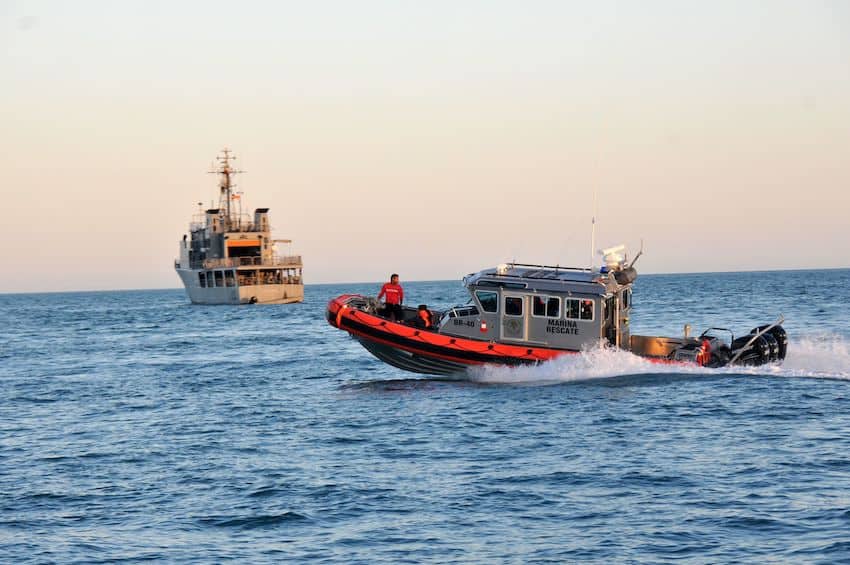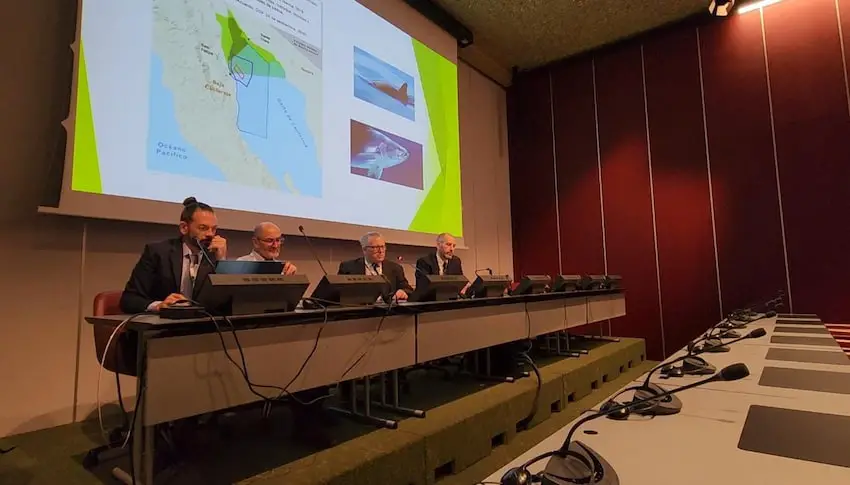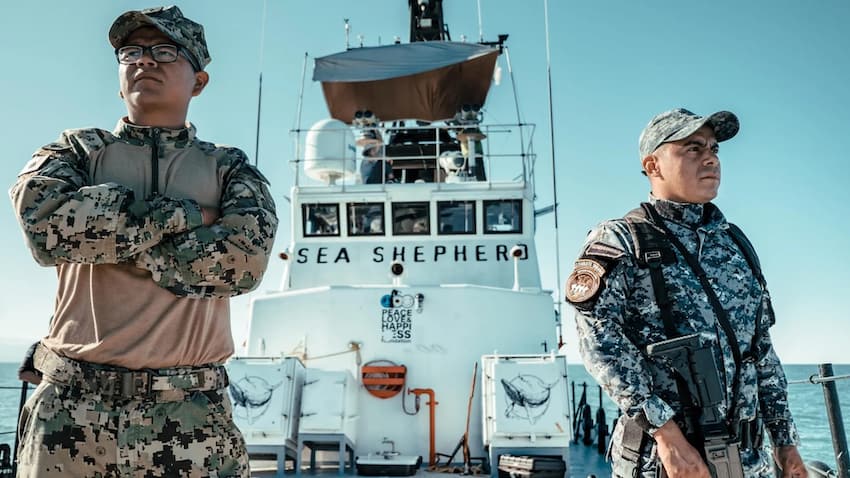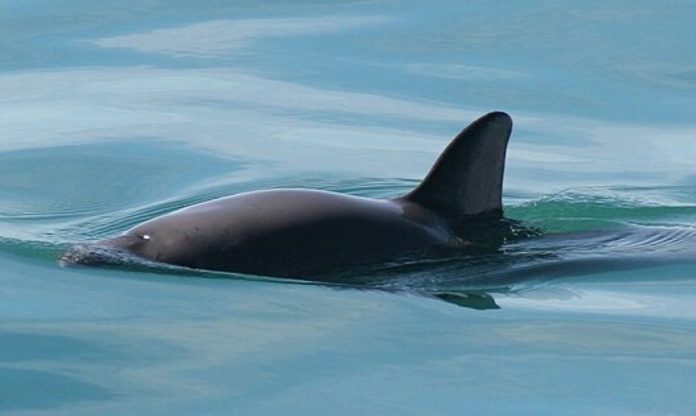The Standing Committee of the Convention on International Trade in Endangered Species (CITES) has resolved to send a third observation mission to Mexico, to monitor progress in the protection of the highly endangered vaquita porpoise.
The mission will also assess Mexico’s actions to prevent illegal totoaba fishing in the Gulf of California, the vaquita’s only habitat. The tiny porpoises often get tangled and drown in totoaba gillnets, which has caused their numbers to drop sharply: today, there are between 10 and 13 vaquitas in the wild.

In March, CITES sanctioned Mexico for its failure to crack down on the illegal totoaba fishing that has driven the vaquita to the brink of extinction. Mexico sent a delegation to the committee’s headquarters in Geneva, where they negotiated with CITES officials to review and update an action plan, and succeeded in having the sanctions revoked.
The action plan’s goals include long-range video surveillance of the Zero Tolerance Zone for illegal fishing, intensifying maritime patrols, destroying illegal totoaba nets, monitoring the vaquita population and training authorities to recognize parts or derivatives of illegally-fished totoaba, which are also considered an endangered species.
Prior to the committee’s 77th meeting this week, cetacean experts from the International Union for the Conservation of Nature (IUCN) criticized CITES’ decision to endorse in advance Mexico’s report stating that many of the action plan’s goals had already been achieved.
“Our experts concluded that there is no evidence of the alleged reduction of the presence of gillnets in the Vaquita Refuge Zone, beyond the Zero Tolerance Zone, which is a very small portion of the species’ range,” IUCN spokesman Dr. Randall Reeves said. “This does not mean that the totoaba and the vaquita porpoise are more protected or that their populations are recovering.”

However, following an agreement signed last month, the conservation group Sea Shepherd is now collaborating with the Mexican Navy to expand the area monitored in the Gulf of California, using six high-range drones, sonar and radar systems.
“The area where fishing nets are not allowed is being expanded by 60%, when you look at the map this means about 140 square kilometers… this is critical because this is the area where vaquitas have been sighted, especially vaquita calves,” Pritam Singh, director of Sea Shepherd’s Board of Directors, told Milenio newspaper.
“The government of Mexico has responded very quickly to this data that we have collected and that we have provided them; normally we see that in bureaucracies it takes a long time to implement actions, but in this case we have been pleasantly impressed by [the government’s] agility,” Singh added.
For its part, Mexico’s Environment Ministry (Semarnat) has insisted that there is an “international co-responsibility of transit and destination countries” for totoaba. Mexico’s delegation to CITES’ 77th meeting requested that the upcoming observation mission also visit the United States and China, where the totoaba fish’s coveted swim bladder is traded and sold.

While it was not confirmed if such a visit would take place, the observation mission to Mexico and the delivery of conclusions on the actions carried out by Mexico are expected to be completed before February 2025.
